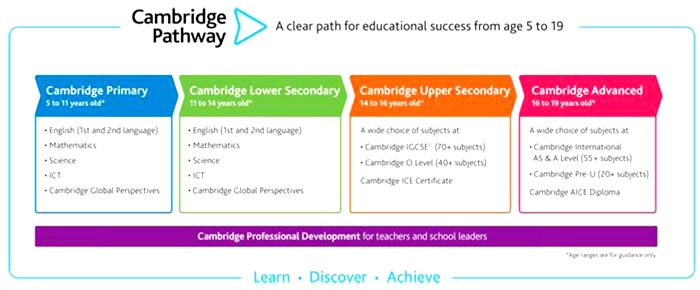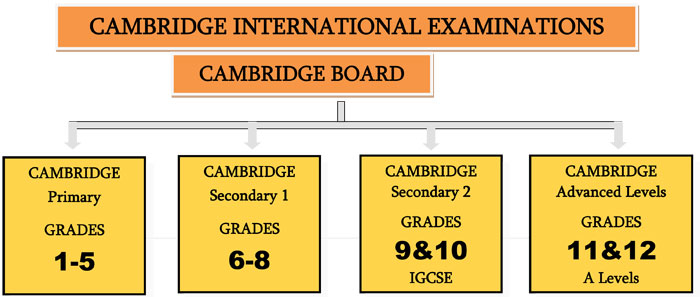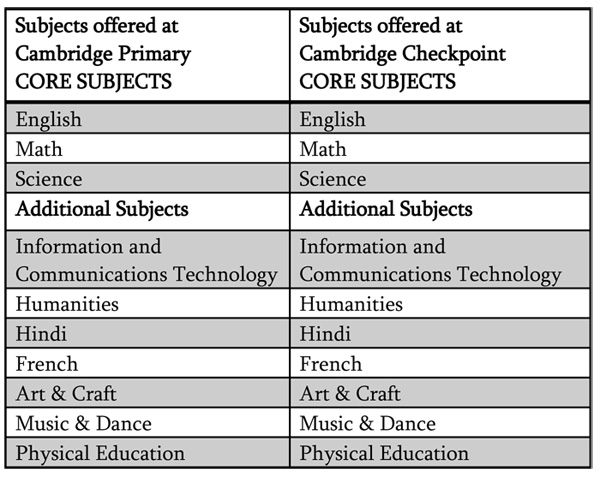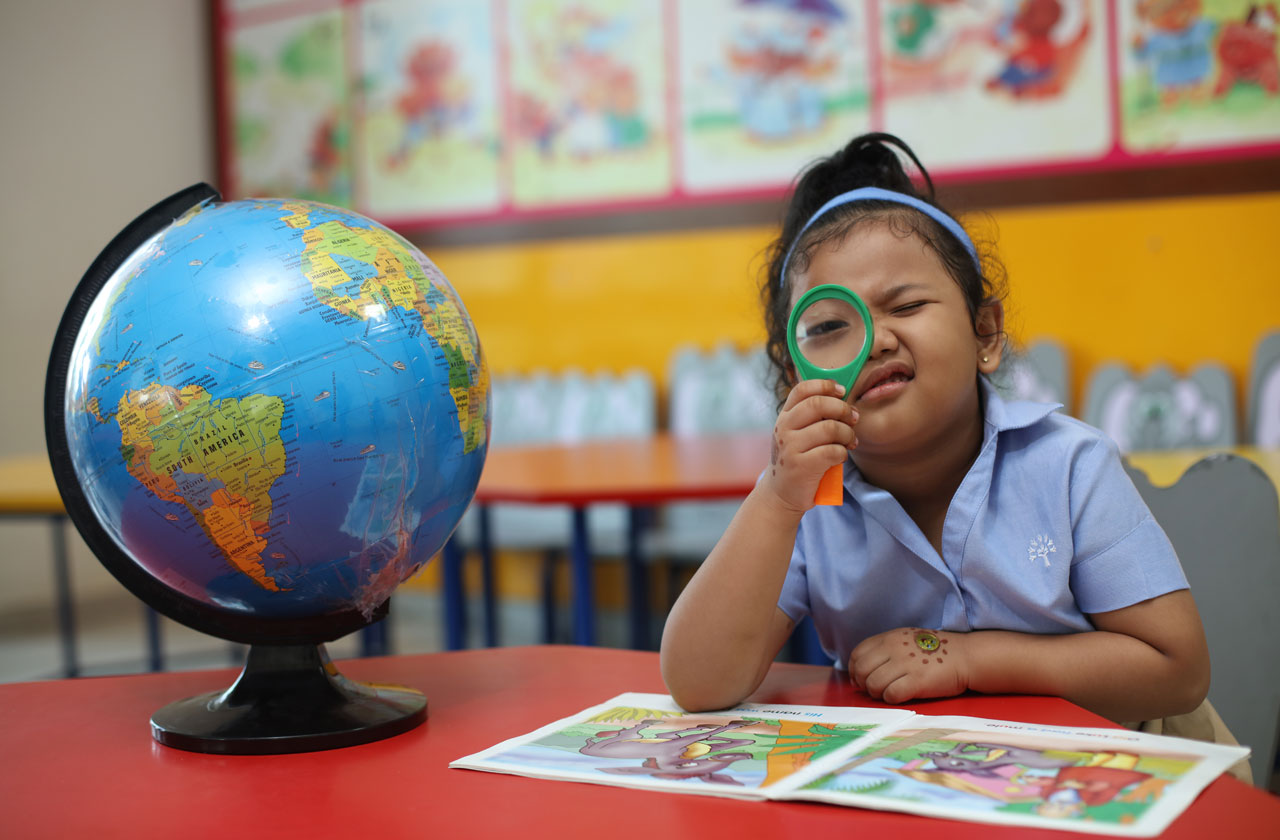Cambridge International prepares school students for life, helping them develop an informed curiosity and a lasting passion for learning.
Our programmes and qualifications set the global standard for international education. They are created by subject experts, rooted in academic rigour and reflect the latest educational research. They provide a strong platform for learners to progress from one stage to the next, and are well supported by teaching and learning resources.
We develop Cambridge learners who are confident, responsible, reflective, innovative and engaged – equipped for success in the modern world.
Five elements lie at the heart of a Cambridge education: international curriculum, teaching and learning, assessment, international recognition and global community.
Our programmes and
qualifications
Our international education programmes and qualifications
lead seamlessly from primary through secondary and pre-university years. They
have a proven reputation for being an excellent preparation for university,
employment and life.
Curriculum
The term curriculum refers to the lessons and academic
content taught in a school as a part of the offered program. The Cambridge
curriculum typically refers to the knowledge and skills students are expected
to learn and develop through assignments, projects, books, materials, videos,
presentations, assessments, and other methods that are used to evaluate student
learning.
Cambridge Pathway
Our Cambridge Pathway is for students aged 5 to 19. It offers
wide range of subjects and flexibility. It gives us the chance to shape the
curriculum so that it is exciting and relevant for our students.
Progression
We offer a coherent curriculum with clear progression at each
stage, for students aged 5 to 19. We identify clearly what we want students to
learn at each stage.

Cambridge International Examinations
Cambridge Primary
develops learners’ skills and understanding through the primary years
in English, Mathematics and Science.
Cambridge Primary is offered by over 850
primary schools in almost 80 countries worldwide.
Cambridge Primary enables learners to build
their knowledge and skills progressively, thus preparing them for
Cambridge Secondary 1.
Assessments are designed for parents and the school to
understand the child’s strengths, and identify areas where more help
is required. The emphasis of the assessments is on showing where the child is
on their learning journey.
Cambridge Secondary 1 is an education
programme for learners aged 11 to 14 years that builds skills, knowledge and
understanding in English, Mathematics and Science. Cambridge Secondary 1 builds
on the foundations of Cambridge Primary, though it is not essential to have
completed that stage before beginning Cambridge Secondary 1.
Cambridge Checkpoint tests can be taken in the
final year of Cambridge Secondary 1. These tests are available in English,
Mathematics and Science and are marked in Cambridge. On completion of Cambridge
Checkpoint, your child will receive a statement of achievement and detailed
feedback on their strengths and weaknesses.
Cambridge IGCSE is the world’s most
popular international qualification for 14 to 16 year olds, attracting almost
500000 entries every year from144 countries.
Cambridge IGCSE is an international passport
to progression, recognised by leading universities and employers worldwide as
an evidence of academic ability.
Learners develop a strong understanding of each
Cambridge IGCSE subject they study, and acquire skills in creative thinking,
enquiry and problem solving.
Cambridge IGCSE builds a great foundation for further
study.
The child gets fully prepared to progress to pre-university
study.
Cambridge offers an array of courses to choose from.
- At Podar, we offer a complete Cambridge curriculum beginning form the Primary years right up to the Senior Secondary years.
- The programmes and qualifications set the global standard for international education.
- They are created by subject experts, rooted in academic rigour and reflect the latest educational research.
- They provide a strong platform for learners to progress from one stage to the next, and are well supported by teaching and learning resources.
- The aim is to create a breed of learners who are confident, responsible, reflective, innovative and engaged – equipped for success in the modern world.
- Cambridge International Examinations is the world’s largest provider of international education programmes and qualifications for 5 to 19 year olds.
- Over 10,000 schools in more than 160 countries offer Cambridge programmes and qualifications.

Subjects offered at Podar Cambridge Thane:

Our co-curricular features:
Taekwondo: Our Students develop discipline by thoroughly training the body and mind in the tenets and techniques of Taekwondo.
Drama: Through drama, our students not only improve their self-confidence and communication skills but also develop a healthy appreciation of culture and arts. They develop concentration as they enjoy the dynamics and at the same time imbibe values like empathy and cooperation.
CONTACT US


